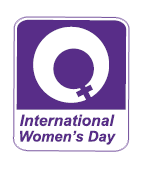|
March 12, 2009 11:27:13
Posted By P & L Blog
|
|
Because Arabic is written from right to left, Facebook also had to change page layouts, labels, buttons, etc. To see what your Facebook page looks like in Arabic, scroll down to the bottom of your home page and change your language option.
Young Egyptians have used Facebook to organize political groups and mobilize, often against a government that restricts freedom of speech and the right to assemble. Facebook was already the third most popular website in Egypt before the Arabic version was developed. It will be interesting to see if young Arabs will use social networks to create political movements.
http://www.pandltranslations.com |
|
|





 Photo by Ross Day. Licensed under
Photo by Ross Day. Licensed under 


